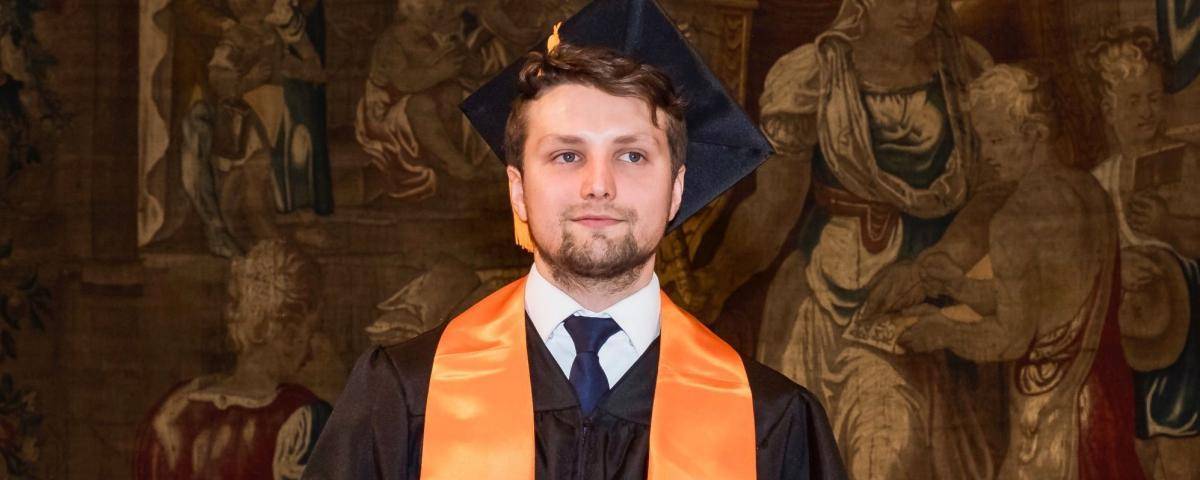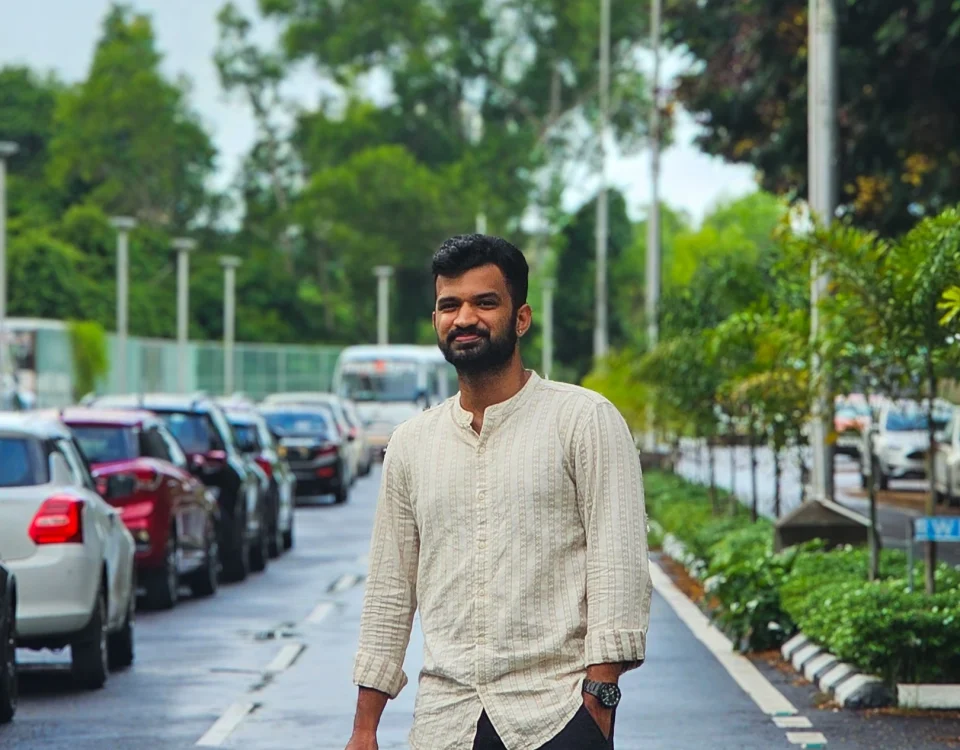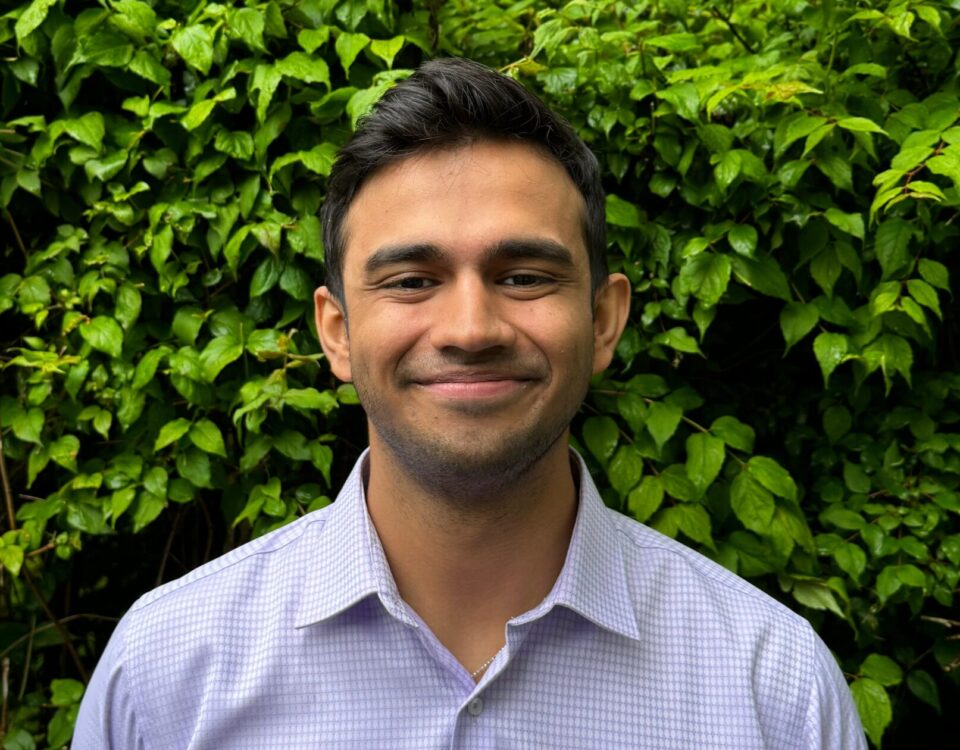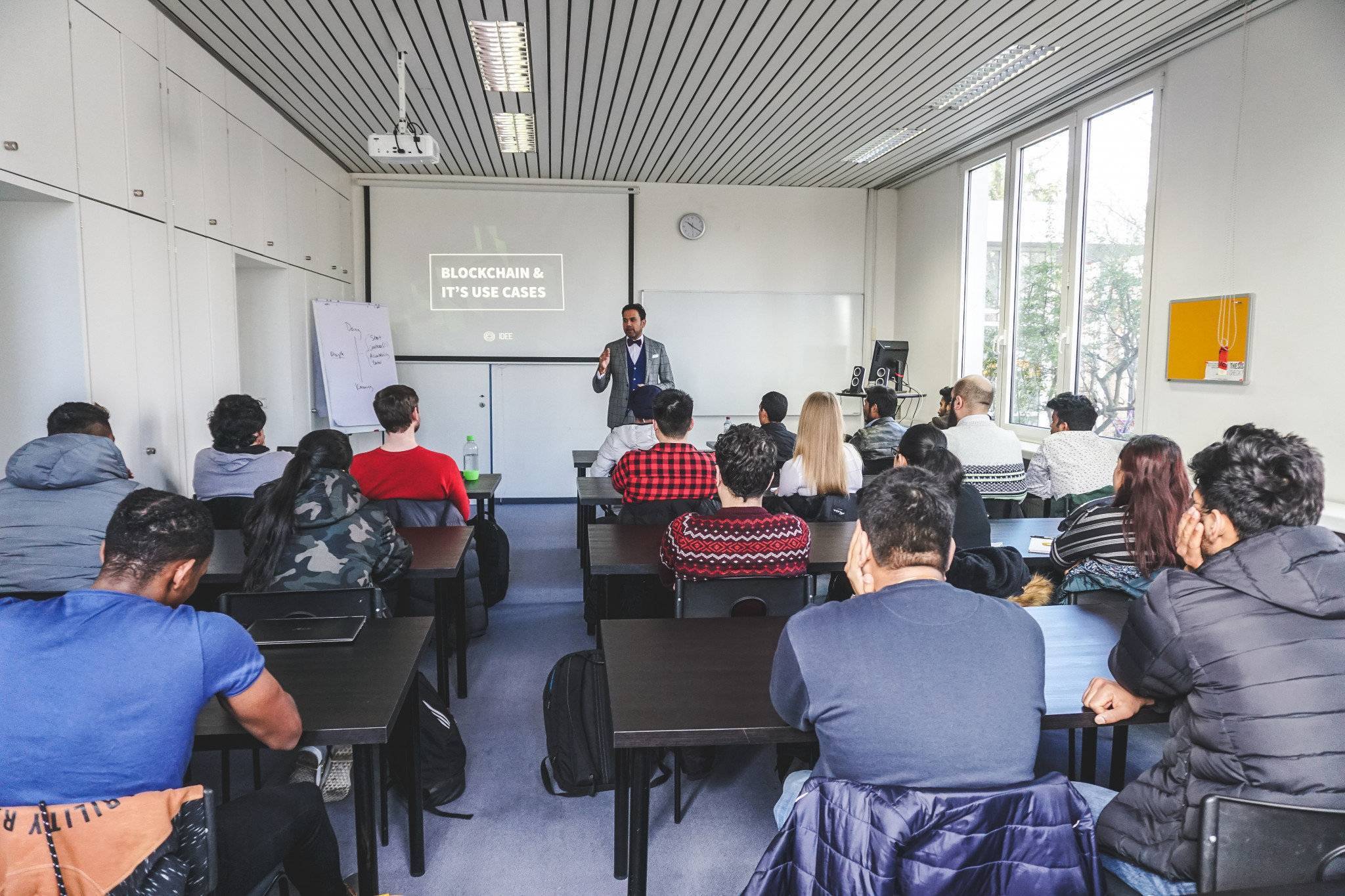
Going High Tech for a High Impact Project Week
11. March 2020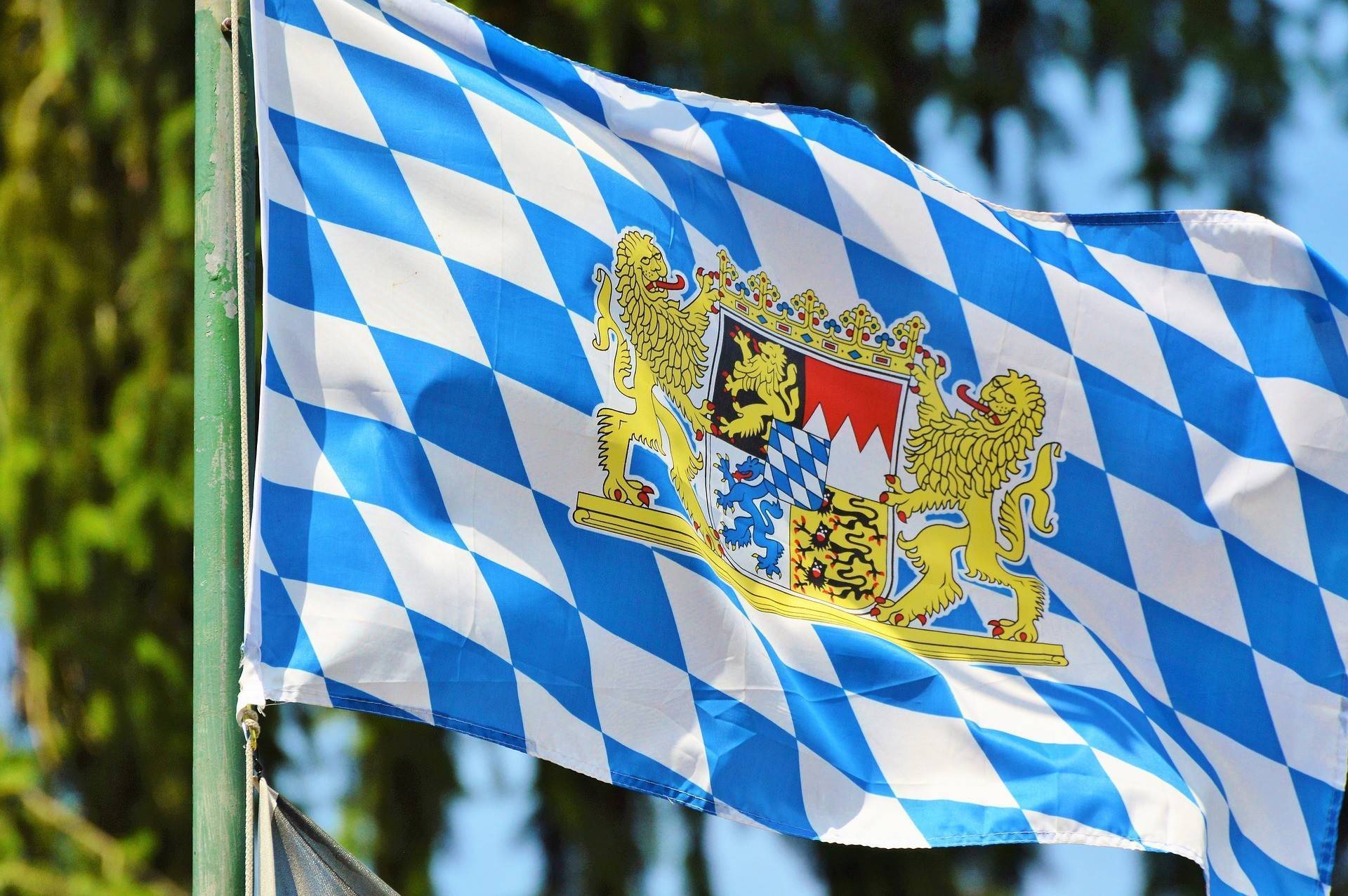
Update from the Chancellor: Mandatory Community Masks In Bavaria From The 27th Of April
20. April 2020We recently sat down to chat with our very first scholarship award recipient and recent graduate, Yuriy Trofymenko. Follow along below as Yuriy dives into his experience as a student in Munich and at New European College!
Who are you and where do you come from?
I’m Yuriy, I’m from Donetsk and I’m 23. I am a marketer, data scientist and tech and entrepreneurship enthusiast. I won NEC’s first full scholarship in 2016 and completed my bachelor’s degree in International Management with them this past year. Before that, I studied computer science.
Why did you choose to study at NEC and in Munich, Germany?
On top of receiving a scholarship, I chose NEC because I wanted to get to know a different culture and approach to business. At that time, I had wanted to change my university specialization because my computer science courses were mainly focused on quantum computing and I lacked the physics skills for it.
Tell us about the NEC scholarship contest you won – What did you write about? How did it feel to win?
Actually, it is a very random story. I accidentally ended up at an exhibition for private schools in Bucharest. I stumbled upon NEC’s stand and liked the idea – Munich seemed like something new and interesting. I started thinking whether I could move to Germany and study at NEC but also understood that I couldn’t afford it, so I just forgot about it and kept attending my courses. Then, a couple of weeks later I saw the news that NEC was holding a scholarship contest and that the first place winner would receive full coverage of their tuition fees. It hit me that the only way for me to study in Munich was to win first place!
The goal of the contest was to create a marketing strategy for a startup that was selling smart thermostats. My strategy on how to win was to spend radically more time than anybody else would and go significantly deeper into the subject than others. In the end, it worked out. I tried to make my work very structured, but at the same time I didn’t know how to write academic papers. So, I just tried to describe how to develop this business as if it was mine. I submitted the essay two weeks earlier than the deadline (this was very important to me, I guess I was just trying to get another edge on the competition). As soon as I submitted my essay, I started to doubt that it would work out – but deep down I had an opportunistic hope within me as I waited for NEC to announce the results.
As soon as I won, I went to discuss it with my brother and for the first 15 minutes, we both couldn’t quite believe the fact that I had actually won! I had the feeling that I did something significant for the first time in my life that would really bring benefit to me and the people around me.
“I had the feeling that I did something significant for the first time in my life that would really bring benefit to me and the people around me.”
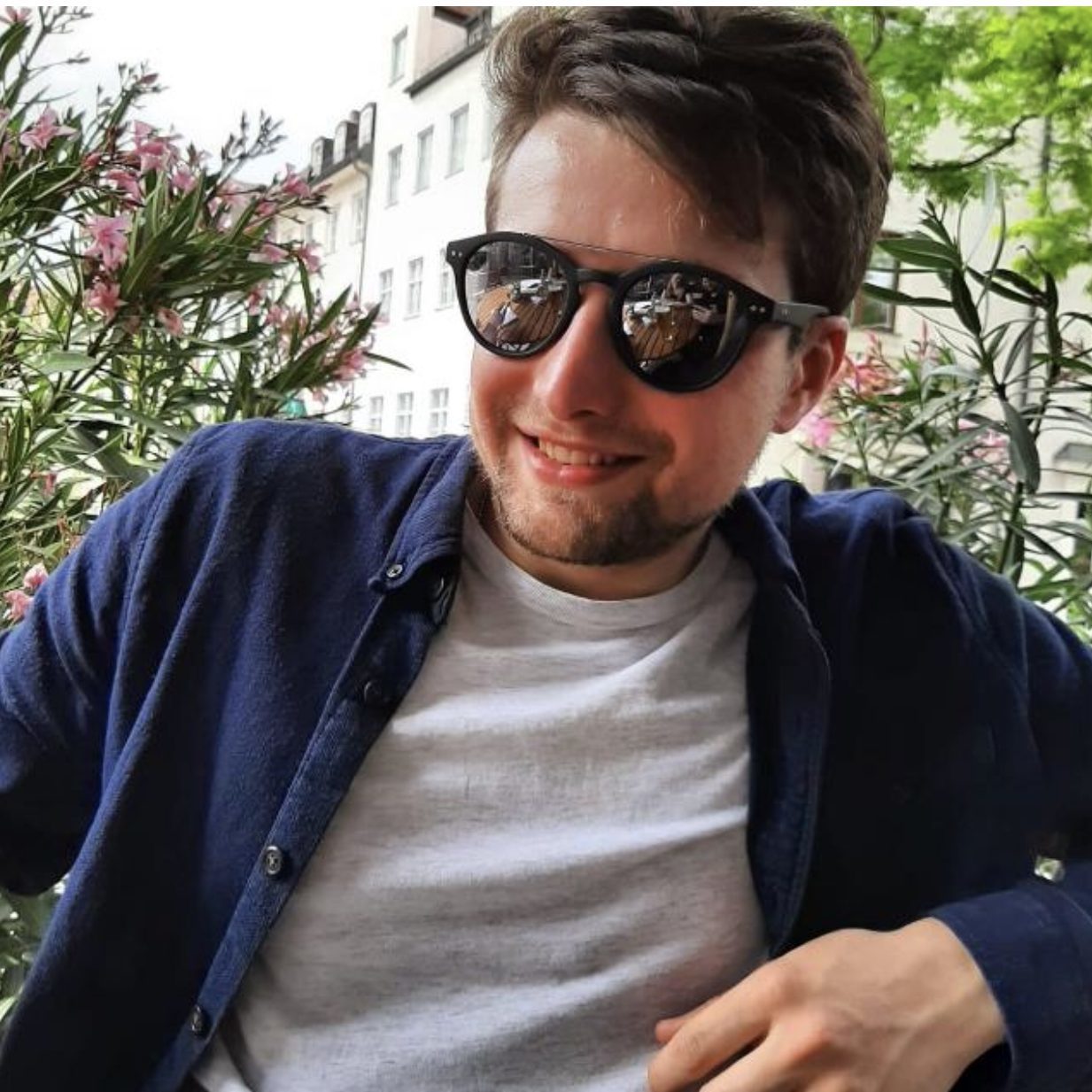
Tell us about your studies at NEC: What were your favourite courses?
Winning the scholarship contest helped me make a breakthrough and believe that I can do anything difficult or impossible that I set my mind to. So, throughout my studies at NEC, I tried to take on as many challenges as possible.
I really enjoyed my marketing course because the lecturer was a practicing marketer. He told us from the very beginning that it would be a difficult class. We had small tests in the beginning of each class to check whether we had actually read the chapter. And, the textbook was quite interesting, so I felt very prepared for the exam.
I also enjoyed my finance and accounting classes: Accounting is a subject that a lot of people don’t know much about, but it explains the basic mathematical concepts behind every business and explains how people make money. In my financial management course, I liked learning about the different approaches to investing. For me, it was also interesting to see how there is a lack of calculus being applied to the concepts and how much further it could be developed in the future.
My business communication course was also practical and extremely useful because without it, I would not have realized how many processing steps happen between one person formulating a thought and communicating it and another person understanding it. This course has helped me avoid so much confusion in day-to-day life. It has also taught me how to understand what people are really trying to say, because words and thoughts so often differ.
Beyond that, there are many subjects that I can only now start to see the practical value of. For example, statistics. When it was first presented to me, I wasn’t very interested in it – partly due to the fact that it was quite complex to understand and partly because I didn’t see so much potential in it. Now that I have started learning about AI, though, I understand that it is a very interesting and useful discipline.
That doesn’t nearly cover all of the subjects I liked, but what I think is that business education is an introduction to a large range of different topics and that you need to keep learning on your own after you are finished with your studies.
What did you enjoy most about living in Munich as a student?
What I liked the most about Munich is that you enjoy it even more, the longer you live here. As you learn more about it and understand how the city works, you discover the interesting details that spark curiosity. For example, before I came to Munich, I thought that it was just an average city. But after studying and living here, I have come to believe that it is a very interesting city for doing business and has a lot of extremely qualified people. In the beginning, I felt that Munich was a ‘small town’, but after two years of living here, I quickly understood that in many areas, it’s developed more than some of the larger cities in Europe.
For students who intend to stay in Europe after graduating, I would recommend for them to start learning German ASAP. For me, I focused more on learning technologies rather than languages and wish that I had developed German language skills more quickly. If you speak German, you can get a deeper understanding of the culture and the people as they really are – which I have found to be very friendly, dedicated and honest.
What are you doing, now that you have graduated?
Now that I have graduated, I work as a Junior Marketing Analyst at Taxfix. Before that I worked as a digital marketing intern at Finiata and as a working student in data science at Fineway.
What is your advice for students as they begin their business studies at NEC?
I would recommend for students to start practicing as soon as they can. For example, start working in your family business and start trying to apply the theory to the practice. In my opinion, theory doesn’t exist without practice because it’s meaningless without it, and good practitioners can’t avoid the necessity to know theory, because high-level applications require good theoretical knowledge. Without it, you would end up with mediocre results, because your actions would be too common.
Also, I would recommend that students not be afraid of technical tasks because technologies are rapidly changing our lives right now. You don’t necessarily need to know how to write code, but you should know what these technologies can do and know how to delegate them to the right person.
We sincerely thank Yuriy for taking the time to share his experiences at New European College with us, as well as his advice for others! If you are interested in learning more about life as a student in Munich, or connecting with our Alumni, be sure to contact our admissions team to get the conversation going!

